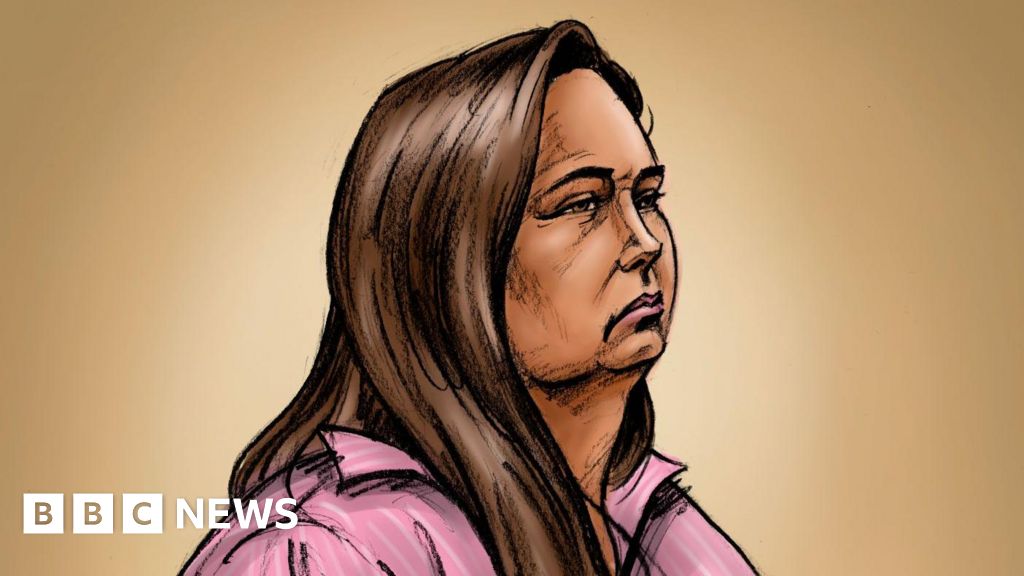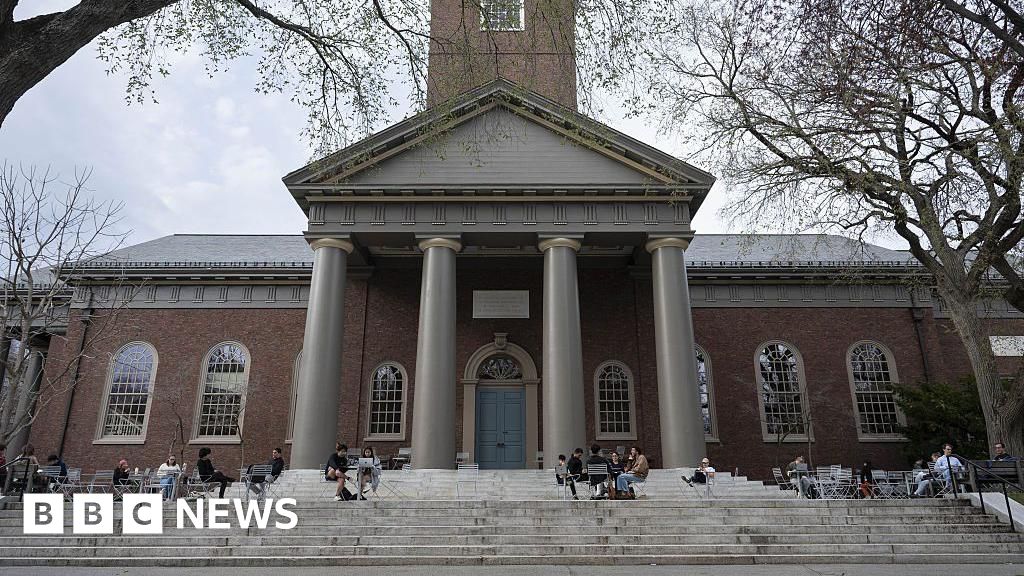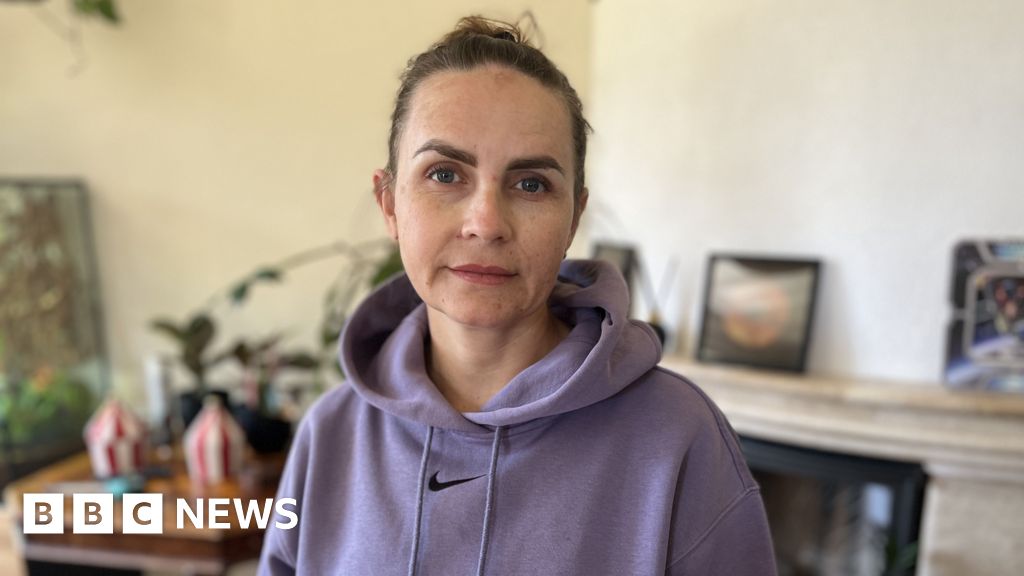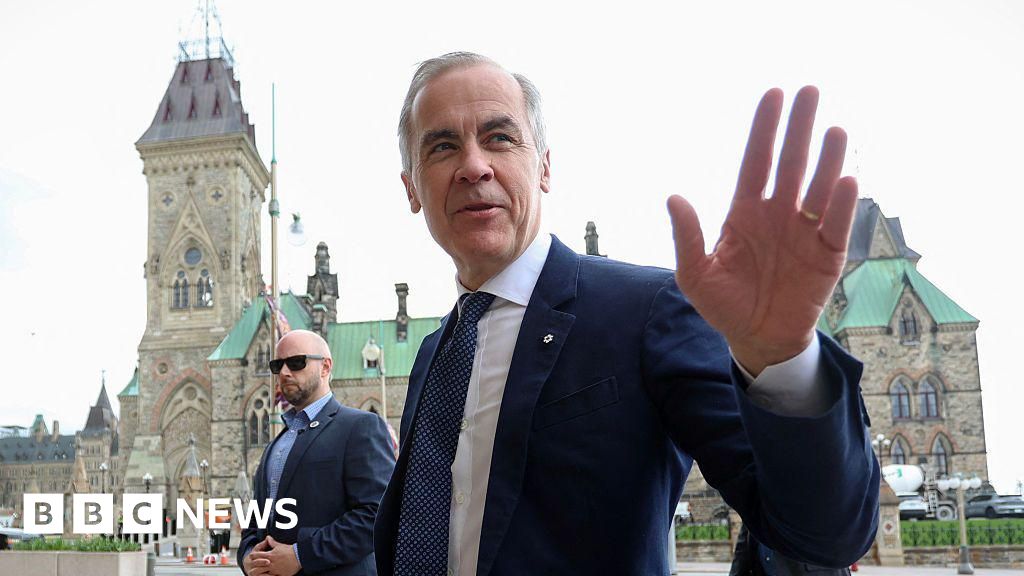BBC Climate & Science
 Getty Images
Getty ImagesThe government has made very little progress in preparing the UK for the growing threats posed by rising temperatures since coming to power, its climate watchdog has warned.
In a highly critical report, the independent Climate Change Committee says progress is “either too slow, has stalled, or is heading in the wrong direction”.
From hospitals and care homes to food and water supplies, this could leave the UK vulnerable to serious economic and health impacts in the decades ahead, the CCC warns.
In response, the government pointed to its investment in flood defences, but acknowledged more work was needed.
Floods Minister Emma Hardy told BBC News that preparing for the changing climate was “something we’re really committed to”.
“We are putting £2.65bn into upgrading, maintaining and building new flood defences.
“But we absolutely know, of course, there’s more that needs to be done.”
Fuelled by climate change, the UK’s weather extremes are intensifying, from the 40C heat of July 2022 to England’s wettest 18 months on record between October 2022 to March 2024.
Such events are only likely to become more severe and happen more often, as the planet continues to get hotter due to humanity’s emissions of planet-warming gases.
Better preparation can limit the damage by making the country more resilient, but the CCC says this is not happening at anywhere near the required pace.
“We are seeing climate impact happening faster and more intensely and increasing [but] government just doesn’t yet seem to be taking it seriously,” Baroness Brown, chair of the Adaptation Committee at the CCC, told BBC News.
“The manifesto said it was going to address this issue of resilience and yet, so far, it’s done nothing,” she added.
“We’ve heard some warm words… but nothing has come out yet.”
None of the 46 areas assessed were found to be making “good” progress in adapting to climate change. Only three had “good” plans and policies in place for the future.
These are mostly unchanged from the CCC’s last report in 2023.
Health is one of the areas that remains most poorly prepared.
The CCC points to the rising number of deaths linked to extreme heat and hospitals themselves being vulnerable to hot weather.
Baroness Brown highlights the case of Guy’s and St Thomas’, the biggest hospital trust in London, which was hit by a failure to its data centres during the extreme heat of July 2022.
This meant it was unable to operate its appointments system at a time of intense demand, and it had to move to paper appointments.
“We lost thousands of crucial appointments for people for critical tests,” she said.
“We’re trying to improve the NHS. Unless we take into account that it has to be resilient to the climate, we’re going backwards.”
Flooding is another challenging area. Plans and policies to ensure places are resilient to river and coastal flooding are found to have worsened since the CCC’s previous report.
The ancient town of Tenbury Wells in Worcestershire is a case in point. It’s been flooded repeatedly in the last four years, most recently in November 2024.
Polly Pearce described how her charity shop flooded.
“It was so quick… [like] a tsunami,” she said.
“[The water] came up as high as the panelling right up on the wall… we had all our Christmas stuff ready but lost it.”
The main street is studded with empty shops, many reportedly put out of business by the cost of repeated floods.
Shop owners say insurance companies either won’t insure their properties or that the premiums are now so high many shop keepers say they simply can’t afford it.
And the Environment Agency has said it can’t afford the £25m-£30m cost of flood protection for the town.
The government says it is committed to helping residents, however, and that work to improve the flood resilience of properties will begin in the summer.
The CCC notes progress in some other areas of climate adaptation, such as plans to identify risks to businesses and financial institutions.
‘A huge mistake’
At the heart of these discussions is the question of cost.
But putting off efforts to prepare the UK for the changing climate in an attempt to save cash would be “a huge mistake” and could increase economic damage in the long run, Baroness Brown said.
“We are very worried about their spending review,” she added, in an unusually strong plea from the Committee.
“This is not a tomorrow problem; it’s a today problem. If we don’t address it today, it becomes a disaster tomorrow.”
A freedom of information request submitted by the BBC found there are just 18 members of staff working fully on climate adaptation at the Department for Environment and Rural Affairs (Defra).
That’s just 0.3% of Defra’s nearly 6,600 full-time-equivalent core staff.
Defra said some of these employees also worked on climate adaptation part-time, and the figures don’t include those working in other parts of government.
Additional reporting by Miho Tanaka


















Leave a Reply